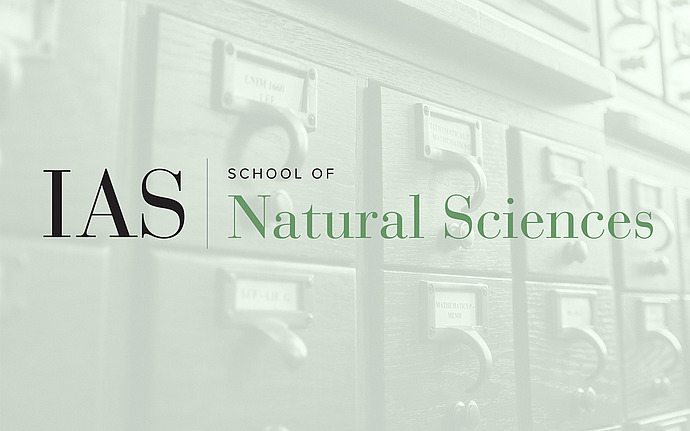
Institute for Advanced Study/Princeton University Early Universe/Cosmology Lunch Discussion
Gravitational waves cosmology in the era of third generation detectors.
The third-generation (3G) Gravitational wave (GW) detectors such as the Einstein telescope (ET) or Cosmic Explorer (CE) are expected to detect thousands of GW merger events per year with localization area less than a degree square. This will enable us to probe the large-scale structure (LSS) features such as baryon acoustic oscillations (BAO), and clustering bias solely from the GW observations. In this talk, I will discuss the methods to detect these LSS features in 3G detectors era and their implications for cosmology. Detection of LSS features will help us in provide an independent probe for cosmology, and strengthening the science case for the 3G detectors. I will additionally cover optimal techniques for synergizing data from BAO observations in galaxy surveys with that of GW events. Analyzing the redshift-dependent evolution of LSS features could provide insights into the connection between compact binary formation and broader structure formation.